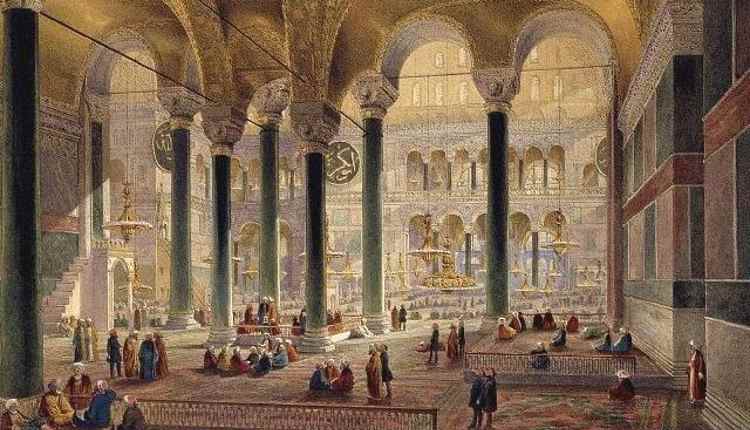Is Umar (ra) adding words to the morning azaan a form of good bidah?
The word Bid’at means something which the Holy Prophet (saw) didn’t do or additions made in the religion that may not be good.
My Question is that during the Khilafat of Hazrat Umar (ra), he made the addition in the azaan that is ‘Namaz neend say behter hay’ which was not part of azaan during the time of Holy Prophet (saw) in the fajr prayer. Now this was a good addition but does it come under the banner of Bid’at.
If it doesn’t, then the additions before azaan by a certain sect in Islam should also be allowed because that in itself is a good addition. Is it allowed or not? Please shed some light on this.
Answer
Indeed anything that is added to the Islamic practices in a way that it appears to be a part of the religious tradition of Muslims is a bid’at (i.e. a religious innovation) and is strongly condemned by the prophet, Allah’s mercy be on him. The reason of this condemnation is simple: It is only the prophet alone who had the right to tell what is Islam and what is not. No one else has a right to include within Islamic traditions anything that was not required by the prophet to be included.
Although there are some people who have an opinion that the additional words in the azaan of Fajr prayers were added by Umar, radhiallahu anhu, the understanding of the Jamhur (majority of the scholars) is that it is a sunnah. The majority view is confirmed by the following hadith:
Abu Mahdhurah asked the Prophet, upon whom be peace, to teach him the adhan, and he told him:
“If it is the morning adhan, say, as-salaatu khairun min an-naum, as-salaatu khariun min annaum. Allahu akbar, Allahu akbar. La illaha illal-lah.” (Related by Ahmad and Abu Dawud.)
There is no question how Umar could have ever imagined to add anything in the sunnah of the prophet.
It is a misconception that bid’at are of two types: hasanah (good) and sayyi’ah (bad). This view is based on an erroneous understanding of a statement attributed to Umar regarding the Tarawih prayer about which he is reported to have remarked:
“It is a good bid’ah”.
In fact what he said was that although it (Tarawih in Jamaat by all Muslims in a mosque) is an apparently new practice, it is good because that is exactly how the prophet, Allah’s mercy on him, desired it. The truth is that all bid’at enter the Islamic traditions with a claim that they appear to be good. However, if it cannot be shown that they originate from the prophet’s times, then they are not acceptable. You will also see that while sunnah, like the Quran, helps in uniting Muslims, bid’at has a dangerous tendency of dividing them.

